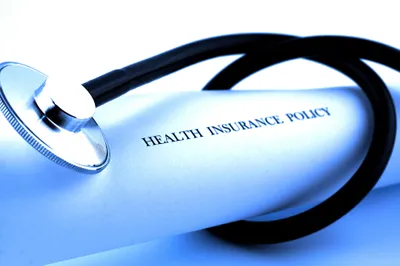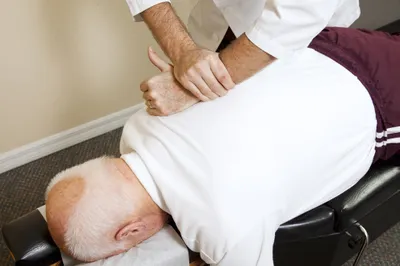We don’t often think about our health unless we’re sick or injured. However, when we need to be healthy, we often depend on health insurance, you know those non-emergency services—like specialist visits, prescription coverage, and hospital stays—to get us back into tip top shape. Plus, one doesn’t want to risk being put in debt for the rest of their lives from a bike accident or a trip and fall down the stairs.
So regardless of if you’re selecting health insurance coverage for work or personal health, here are nine factors to keep in mind…
1. Employer’s Plans are Not Always Best
Even if your employer offers health insurance coverage under an employee plan, it might not be the best option for you. Remember, in our “one size fits all” society, you may have a pre-existing health condition that’s not benefited from the coverage on an employee plan. Make sure to look at the small print.
2. Consider Buying into a Group Plan
Particularly if you’re self employed, the option of purchasing health insurance coverage through a group plan can save your house and credit rating if you happen to get sick and don’t have the security to cover lost time. Plus, if you have a pre-existing condition, you can seek out a group plan that caters specifically to that condition.
3. When to Get Lone Policy Coverage
Did you know that when you buy into group health, you pay premiums based on everyone else’s health? So if you’re in good health, but John in accounting has a heart condition, the group plan everyone is paying into will pay higher premiums because of it? Sometimes, when you’re in good health, it’s far better to pay into a policy of your own to keep your premiums lower.
4. Lower Premiums Don’t = Cheapest Plans
Don’t just select the health coverage plan with the lowest monthly premium. This is a common mistake when buyers don’t consider why the premiums are so low—in most cases the plan makes up monthly costs in other ways—such as co-pays (a percentage paid per service), an annual deductible, and coinsurance (a percentage of the remaining costs for an out-of-pocket maximum).
5. Don’t Shy Away from Plans with High-Deductibles
Sure, paying a high deductible or premium each month can be a hard pill to swallow, but if your lifestyle affords it and the plan covers all conceivable health woes, you might be saving yourself unforeseen bankruptcy if your good health is somehow compromised and you need to lean on the plan.
6. Get a Health Broker to do the Work for You
Unbeknownst to many, you can get help (sometimes free help) via a health insurance broker who will use their expertise to help you find a health insurer or even guide you through government program applications (i.e., COBRA). Just make sure they don’t have a reputation for just sticking to certain providers (they may be getting a kick back).
7. Specialist Coverage
If you use a particular specialist, for instance, women may prefer gynecologists to general physicians, check before you sign on that your doctor is covered under the plan you’re considering. Certain plans to place restrictions on doctors (i.e., HMOs) whereas, PPO plans will often allow you to seek healthcare outside the network with a referral.
8. Prescription Drugs
Not all, or sometimes any, prescription drugs are covered under health insurance plans. Be sure to read the small print under “extras” and “exclusions”, particularly if your health is dependent on a particular prescription medication.
9. Alternative Healthcare
Alternative providers—such as chiropractors, nutritionists, maternity care—might not be covered under all plans. So keep this in mind, even if you’re not in the position to have children now, you might want to in the future.












